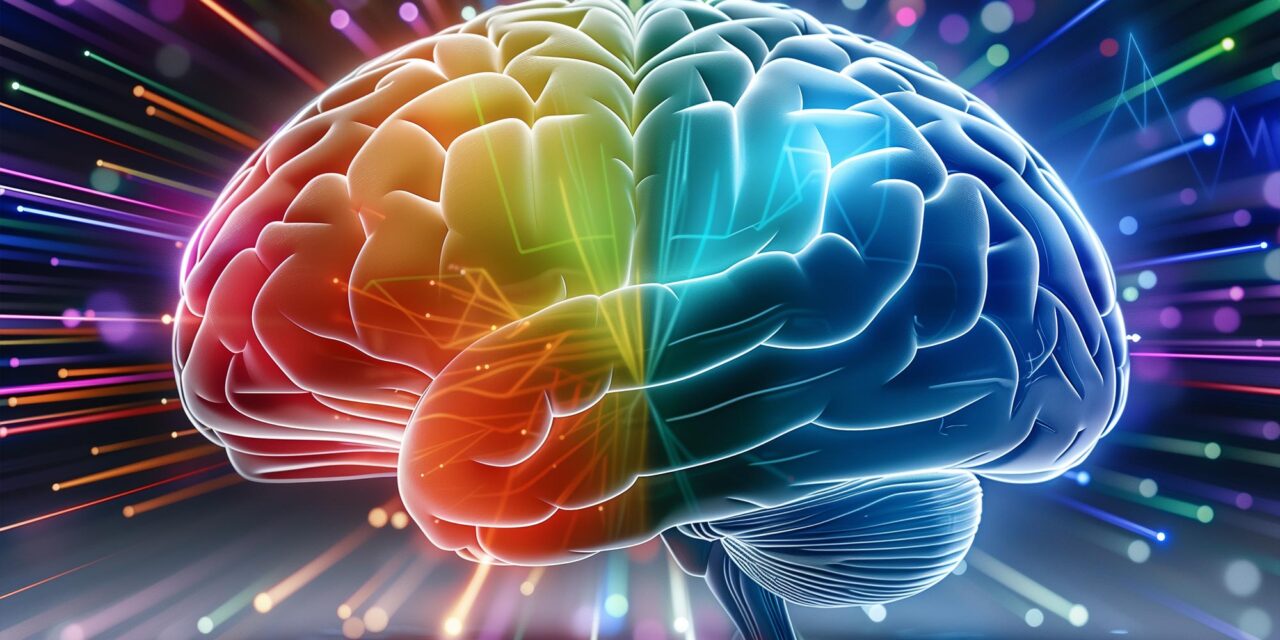A new study published in Current Biology offers fascinating insights into how our brains mentally segment the events of a day into distinct “chapters,” based not just on external changes in environment but also on our internal priorities and attention.
The research, led by Christopher Baldassano, an associate professor of psychology, and Alexandra De Soares, a former member of his lab, revealed that our brains don’t passively respond to environmental shifts. Instead, they actively organize experiences into meaningful chunks, shaped by what we are paying attention to at the moment.
Imagine stepping off a busy street into a quiet restaurant. While the sensory shift from outdoors to indoors might seem like the obvious trigger for your brain to register this as a new part of your day, the study suggests there’s much more at play. It turns out, our brains may also be drawing boundaries based on internal narratives or goals that override the external environment.
The Study’s Design
To explore how the brain forms these boundaries around events, the researchers developed 16 audio narratives set in different locations—restaurants, airports, grocery stores, and lecture halls. Each story revolved around a common social scenario, such as a marriage proposal, a breakup, or a business deal. The goal was to see whether participants’ brains would organize these stories into distinct events based on external settings or internal narratives.
Participants were given specific instructions about what to focus on as they listened. For example, some were told to focus on a marriage proposal unfolding in a restaurant, while others were asked to pay attention to the dinner orders instead. The results were surprising: when asked to focus on details like food orders, the participants’ brains would register these smaller moments—like placing an order—as significant chapters in the narrative.
“We wanted to challenge the theory that new chapters in brain activity are solely triggered by changes in our environment,” Baldassano said. “Our research found that the brain actively organizes life experiences into chunks based on what’s meaningful to us at the time.”
Mapping the Brain’s “Chapter Markers”
The researchers used MRI scans to track changes in brain activity as participants listened to the stories. They found that the prefrontal cortex—a part of the brain involved in complex decision-making and planning—played a key role in dividing up the narrative. The division of events was flexible, shaped by what the participants were told to focus on.
For example, when a person listened to a story about a couple in a restaurant, the brain might have segmented the narrative based on the progression of the marriage proposal. But if told to focus on dining details, the brain reorganized and divided the story by each course of the meal.
In a second part of the experiment, participants were asked to press a button whenever they thought a new part of the story had begun. The results mirrored the MRI findings, with participants’ perceptions of new chapters aligning with the instructions they had received about what to pay attention to.
Impact on Memory and Future Research
The researchers are now turning their attention to understanding how these mental divisions influence long-term memory. They asked participants to recount the stories after listening, and they are still analyzing the data to determine how different perspectives affected recall.
This study is part of a broader effort to understand how the brain divides real-life experiences into event memories. “Prior knowledge and expectations seem to play a huge role in this process,” Baldassano explained, hinting that these mental chapters help us remember and make sense of the complex events we encounter daily.
As researchers continue to analyze the data, they hope to uncover more about how the brain’s “chaptering” system impacts memory, decision-making, and possibly even cognitive disorders. Baldassano is especially excited about the potential of this research. “Using meaningful stories and mathematical models to discover something new about cognition is exactly the kind of unconventional research in my lab that I am most proud of.”
Implications for Understanding Human Cognition
The findings offer fresh insights into how we process and recall daily experiences, highlighting the brain’s active role in creating structure and meaning from the chaos of life. This understanding could have implications in various fields, from improving learning techniques to helping people with memory disorders. It also adds to the growing body of research on how expectations and internal goals shape not only what we notice in the world but how we remember it later.
This study is a step forward in decoding the intricate ways our brains manage the flood of information we encounter daily, helping us better understand the very human experience of how we “write” the story of our lives.












